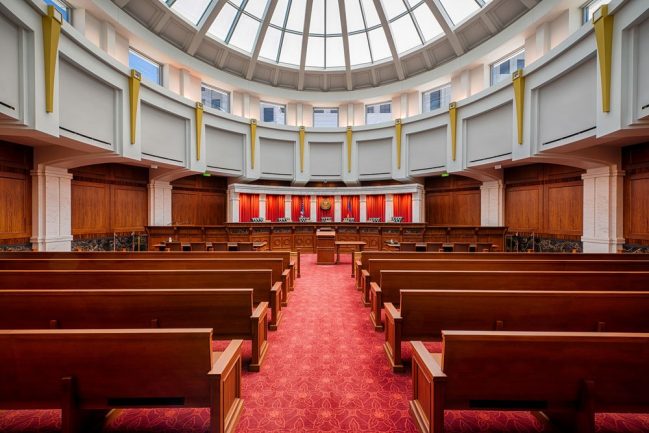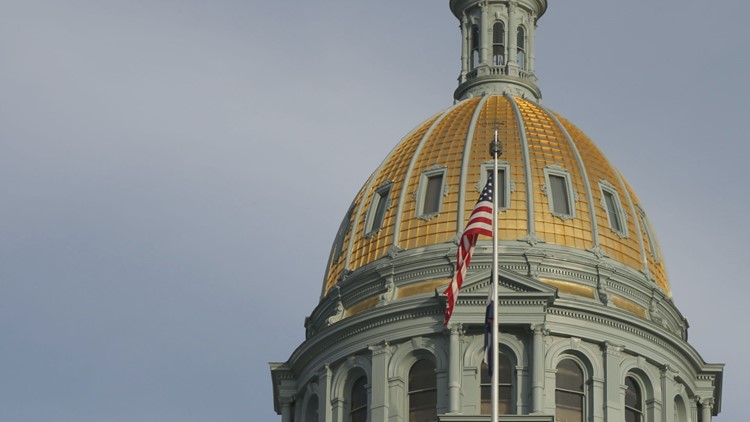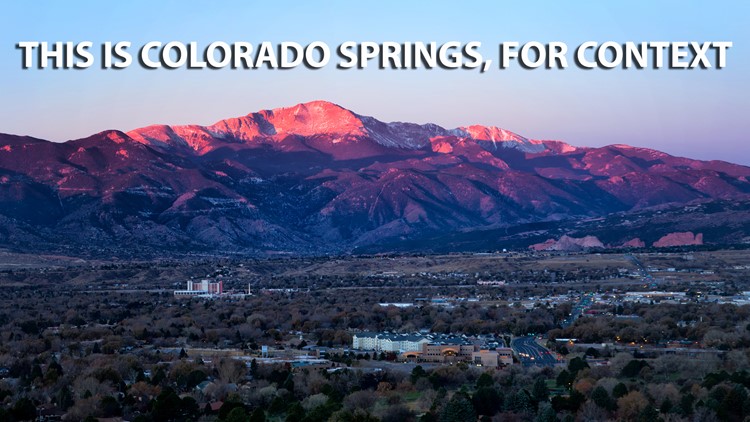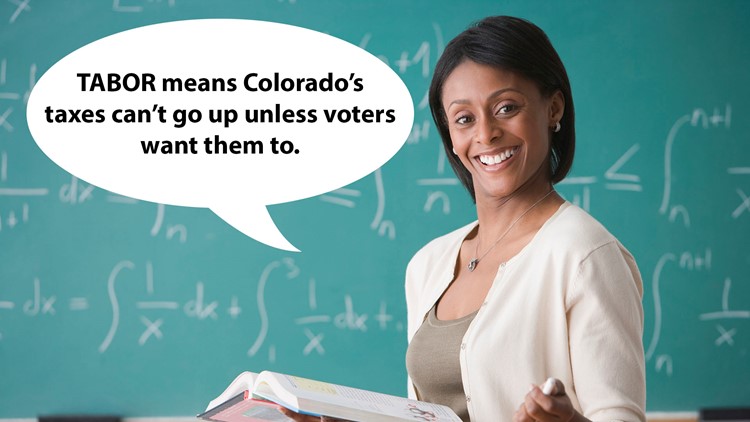Good news from Grand Lake!
I am pleased to announce that the Town of Grand Lake has rescinded the outrageous municipal fee this last Tuesday, May 29th by a vote of 6-1. The action followed two unsuccessful attempts to rescind the municipal fee on January 8th and February 12th 2018
This could have not been possible, if it were not for the election of four new trustees at the April 2nd election. All four new trustees voted to rescind the municipal fee along with the Mayor and myself.
A little background: The municipal fee was adopted to cover approximately 50% ($80k annually) of the cost to cover police service including dispatch and street lighting. Traditionally, these expenses were always covered by the normal taxes and fees collected in the general fund.
The Municipal fee became a “Hot Topic” during the election process and the candidate forum we had at the end of March. The electorate was offended that they were not asked to vote for the municipal fee, but rather the money was stolen out of their pocketbooks just as a common thief would do. Continue reading
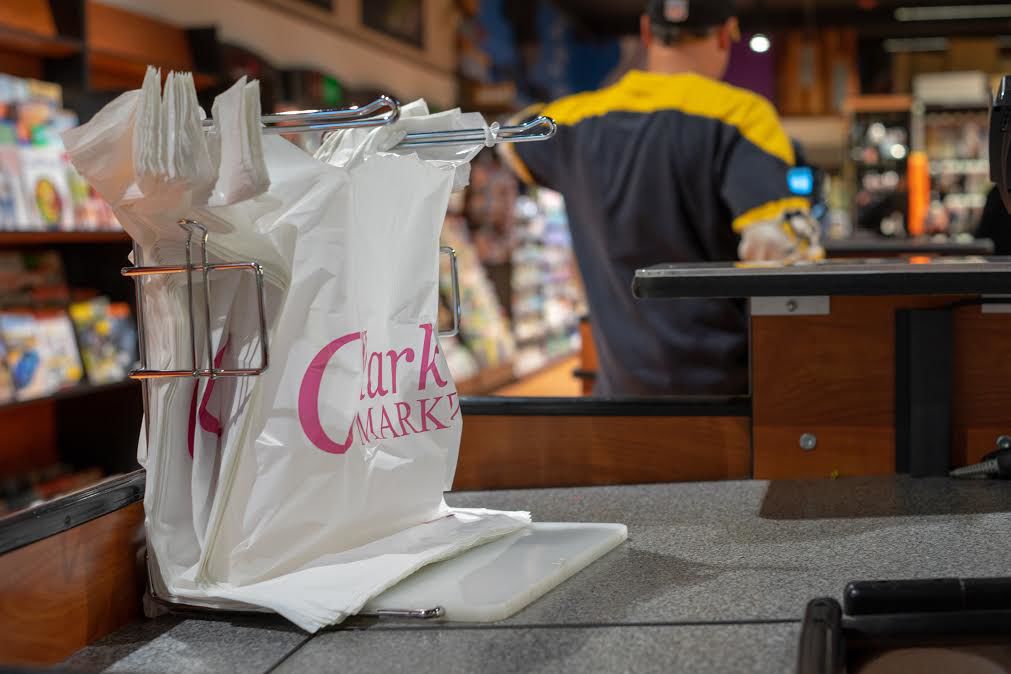


 Editor’s Note: Denver7 360 stories explore multiple sides of the topics that matter most to Coloradans, bringing in different perspectives so you can make up your own mind about the issues. To comment on this or other 360 stories, email us at
Editor’s Note: Denver7 360 stories explore multiple sides of the topics that matter most to Coloradans, bringing in different perspectives so you can make up your own mind about the issues. To comment on this or other 360 stories, email us at 
